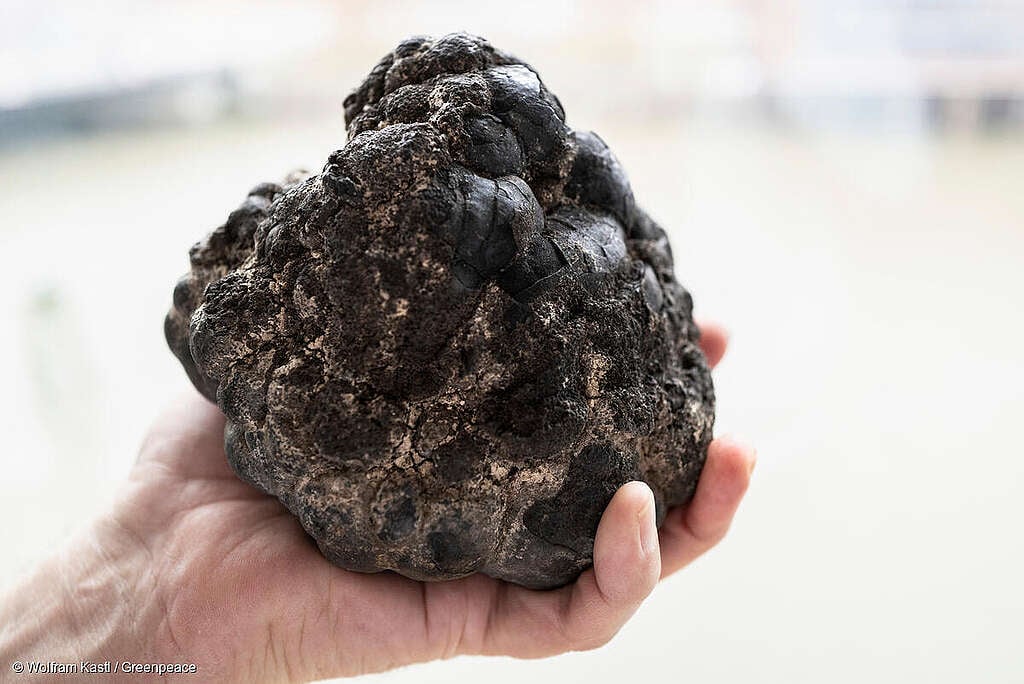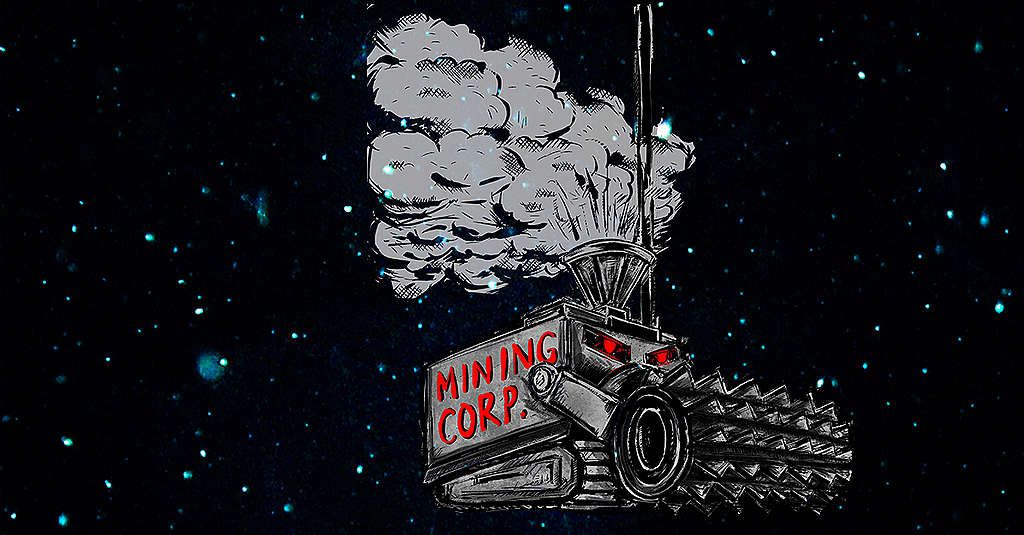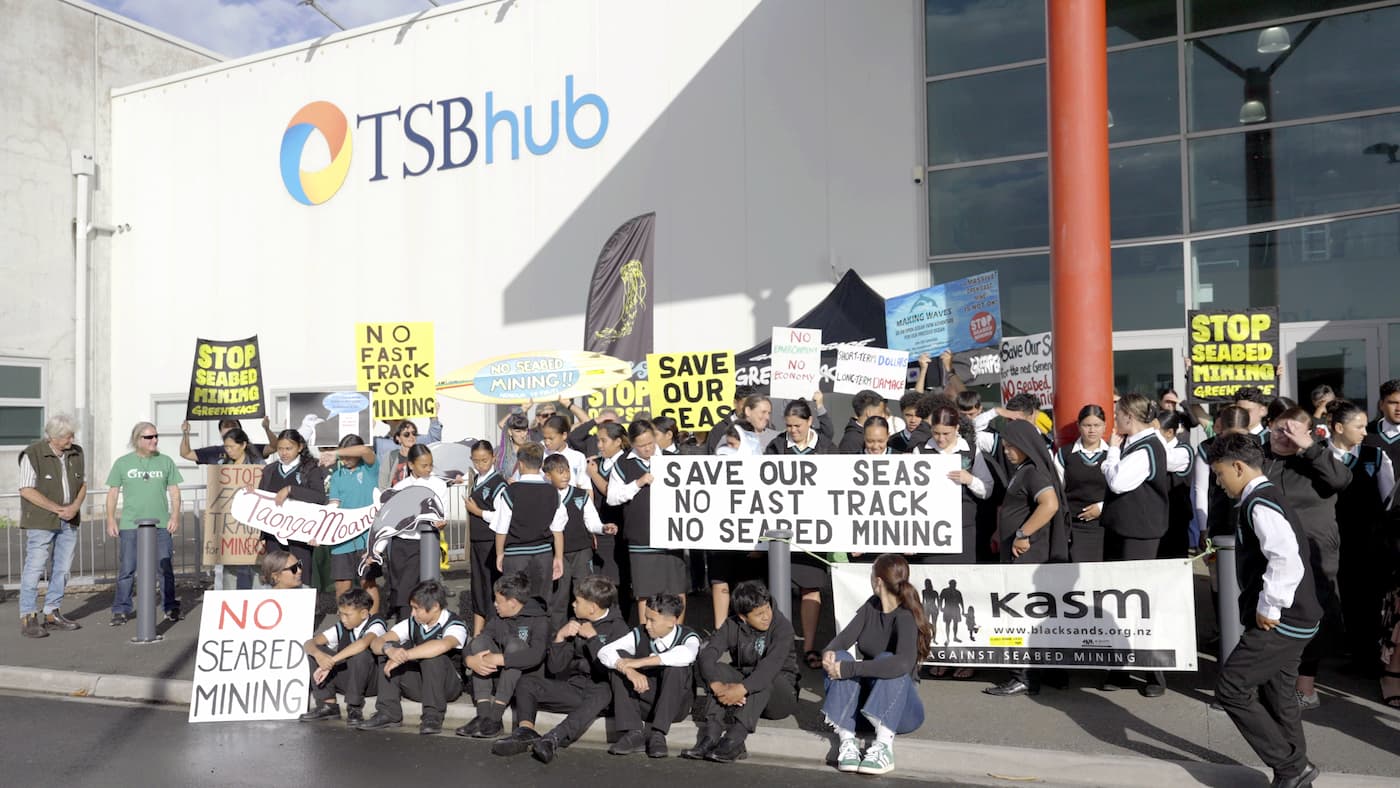A groundbreaking discovery has revealed that Metallic nodules found on the deep seabed in the Pacific ocean are a source of ‘dark oxygen‘ for nearby marine life. It’s a discovery that scientists say could challenge what we know about oxygen itself, and how life is created.

Greenpeace has long campaigned to stop deep sea mining from beginning in the Pacific due to the damage it could do to delicate, deep sea ecosystems, and says that this incredible discovery underlines the urgency of that call.
Dr. Paul Johnston, from Greenpeace’s Science Unit, says, “This study shows that processes are going on in the deep sea and which are associated with these mineral nodules that we are only just becoming aware of. The ecological importance of this process as a source of oxygen in deep-sea environments is not really known but may be highly important. We should impose a moratorium on exploiting these systems because we still lack a comprehensive understanding not only of their biodiversity, but also of the complex ecological functions they support.”
Greenpeace Aotearoa spokesperson Juressa Lee (Te Rarawa, Ngāpuhi, Rarotonga) says, “This incredible study demonstrates just how little we know about these deep sea ecosystems. The only sensible response is to halt wannabe deep sea miners like The Metals Company from unleashing their machines on the deep sea environment.”
Other scientists are joining in the call to protect the deep seabed from mining as the International Seabed Authority meets in Jamaica this week to decide the future of the deep sea mining industry.
Prof Murray Roberts, a marine biologist from the University of Edinburgh says, “There’s already overwhelming evidence that strip mining deep-sea nodule fields will destroy ecosystems we barely understand. Because these fields cover such huge areas of our planet it would be crazy to press ahead with deep-sea mining knowing they may be a significant source of oxygen production.”
And study co-author Franz Geiger, said “..This puts a major asterisk onto strategies for sea-floor mining as ocean-floor faunal diversity in nodule-rich areas is higher than in the most diverse tropical rainforests.”

It’s time for New Zealand to take a stand. Join our call on the New Zealand government to back a global moratorium on seabed mining.
Take Action



